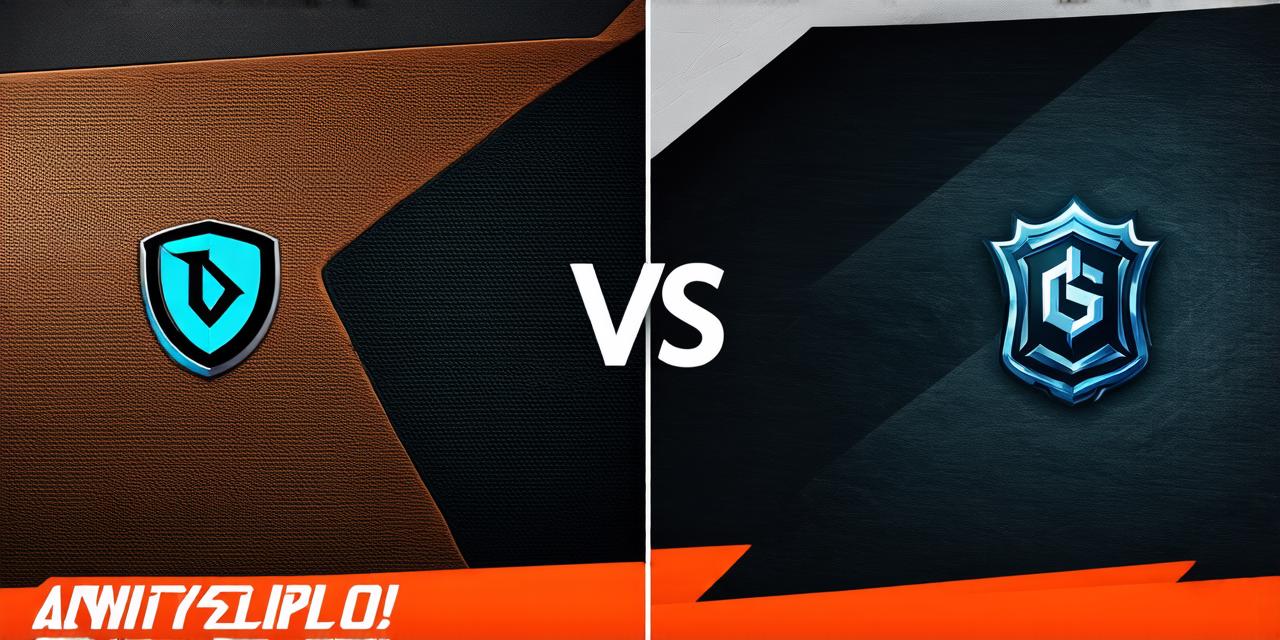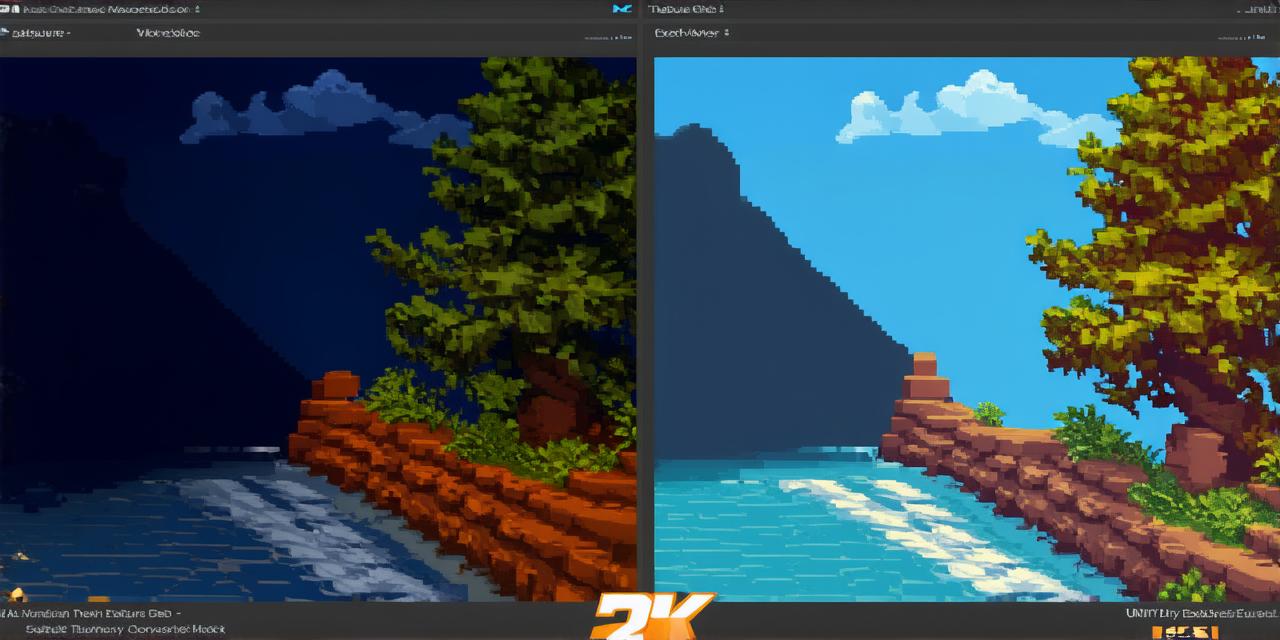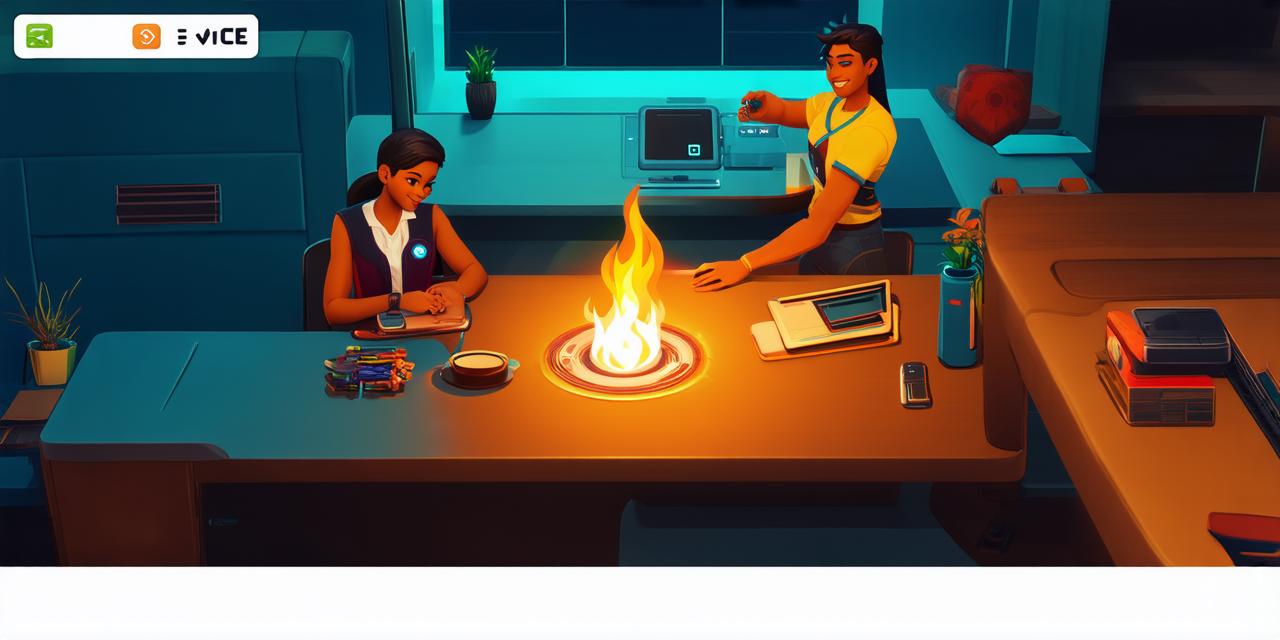Unity is a popular game engine that has been used to create some of the most successful games in recent years. However, with so many options available, it can be difficult to determine if Unity is the best option for developing games. In this article, we will explore the advantages and disadvantages of using Unity for game development and help you make an informed decision about whether or not it’s the right choice for your project.

Advantages of Unity
Unity is a versatile engine that can be used to create games for a variety of platforms, including PC, mobile, console, and virtual reality (VR). It also has a large community of developers who contribute to its development and provide resources and support. Some of the main advantages of using Unity include:
- Easy to Use: Unity is known for being easy to use, even for developers with little or no experience in game development. It has a user-friendly interface and a wide range of tools and features that make it easy to create games quickly and efficiently.
- Cross-Platform Compatibility: Unity supports multiple platforms, which means you can create games for multiple devices with a single codebase. This saves time and resources, making it easier to reach a wider audience.
- Large Community Support: The Unity community is large and active, with many developers contributing to its development and providing resources and support. This makes it easy to find help when needed and stay up-to-date on the latest developments in game development.
Disadvantages of Unity
While Unity has many advantages, it also has some disadvantages that you should be aware of before deciding whether or not it’s the right choice for your project. Some of the main disadvantages of using Unity include:
- Limited Graphics Capabilities: Unity’s graphics capabilities are limited compared to other game engines. This can make it difficult to create games with high-quality graphics, especially if you’re targeting high-end devices.
- Performance Issues: Unity can suffer from performance issues on certain devices, particularly older or lower-end devices. This can result in laggy gameplay and a poor player experience.
- Limited Scripting Options: Unity’s scripting options are limited compared to other game engines. This can make it difficult to create complex game logic and behavior, especially if you’re looking for more advanced features.
Real-Life Examples
One of the best ways to understand the capabilities and limitations of Unity is by looking at real-life examples of games that have been created using the engine. Some popular games that were created using Unity include:
- Angry Birds: Angry Birds is a mobile game that was created using Unity. It’s known for its addictive gameplay and high-quality graphics.
- Minecraft: Minecraft is a popular sandbox game that was created using Unity. It’s known for its creativity and customization options.
- PUBG Mobile: PUBG Mobile is a mobile version of the popular battle royale game PlayerUnknown’s Battlegrounds (PUBG). It was created using Unity and is known for its smooth gameplay and high-quality graphics.
FAQs
Q: Is Unity easy to use?
A: Yes, Unity is known for being easy to use, even for developers with little or no experience in game development.
Q: Can I create games for multiple platforms using Unity?
A: Yes, Unity supports multiple platforms, which means you can create games for multiple devices with a single codebase.
Q: What are some of the main disadvantages of using Unity?
A: Some of the main disadvantages of using Unity include limited graphics capabilities, performance issues on certain devices, and limited scripting options.
Summary
Unity is a versatile game engine that has many advantages and limitations. It’s easy to use, supports multiple platforms, and has a large community of developers who provide resources and support.




